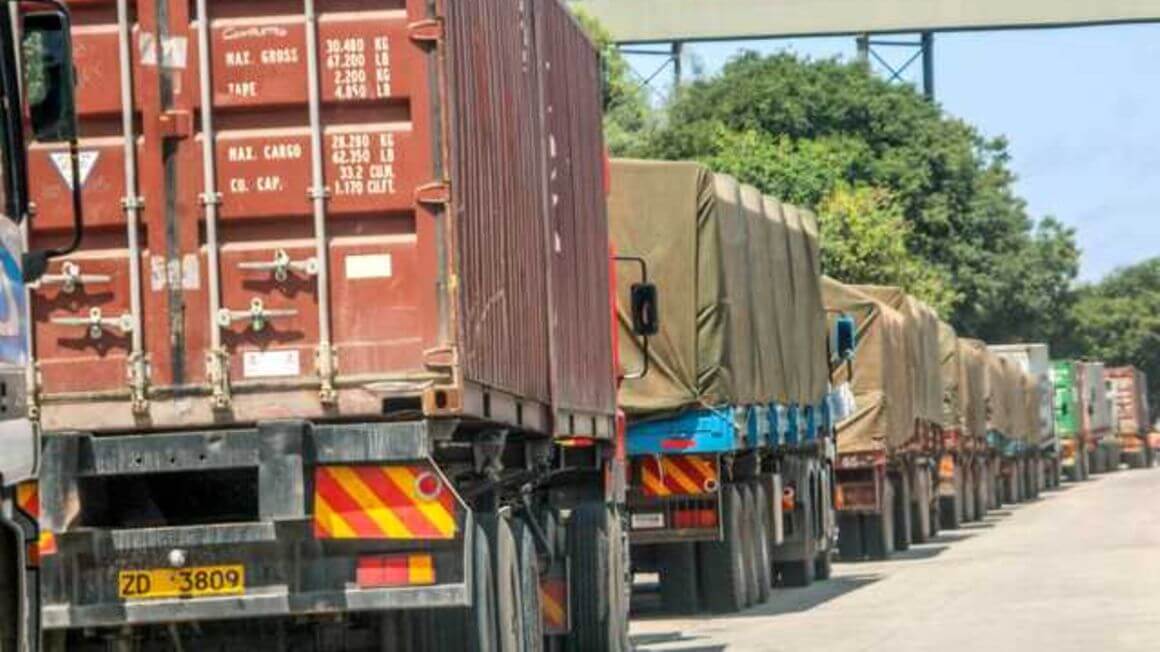
Our Projects are
Transforming African Trade
Quick Contacts
2nd Floor, Fidelity Insurance Centre Waiyaki Way, Westlands

Tunduma. Tanzania and neighbouring Zambia have signed agreements on addressing eight out of 24 trade challenges. Plans are also in place to resolve the remaining 16 by December 31, 2023.
The move aims at facilitating trade between the two countries, including reducing truck congestion at the Tunduma border.
The Permanent Secretary of the Ministry of Industry and Trade, Dr Hashil Abdallah, made the statement last Tuesday at a press conference during a joint meeting with their Zambian
counterparts held at Tunduma’s One Stop Border Post in Songwe Region.
The two-day meeting discussed trade challenges. Dr Abdallah said the two countries have agreed that cargo, with all required permits, should be transported from Tanzania to the respective countries through Zambia without hindrance, according to trade agreements under the World Trade Organisation (W TO) and the Southern African Development Community (SADC).
He also directed all public institutions serving transport service businessmen to ensure they were not blocked from doing their businesses without tangible reason.
They, instead, insisted that they should be assisted in addressing their challenges, especially in the acquisition of permits.
To ensure the success of the measures, Dr Abdallah called on transporters to ensure they obtained all necessary permits before starting their journeys.
Zambia’s Director of Foreign Trade, Ms Lillian Bwalya, said her country had committed to addressing the challenges in order to promote cross-border trade between the two countries.
At the meeting, Tanzania’s Deputy Permanent Secretary of the Ministry of Finance (Management and Economics), Mr Elijah Mwandumbya, insisted that various levies and taxes would continue to be reviewed and amended to enable the private sector to tap opportunities that come with the agreements, thereby improving trade and the national economy.
Read original article
Disclaimer: The views and opinions expressed in this article are those of the authors and do not necessarily reflect the official policy or position of TradeMark Africa.